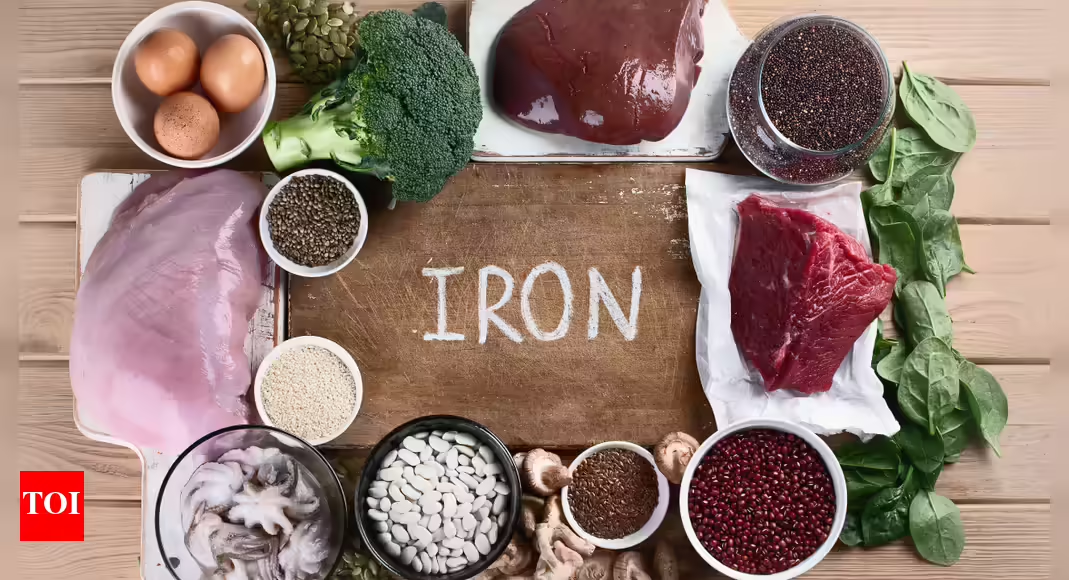Boost Your Energy: 4 Common Mistakes That Lower Iron Levels and How to Fix Them
Feeling sluggish after what should be a refreshing night’s sleep? If you’re battling fatigue, the culprit might not be lack of sleep or excessive stress. Instead, it could be your body’s iron levels crying out for help. Iron is crucial for energy production, oxygen transport, and maintaining your immune function. Surprisingly, many of us inadvertently make mistakes that decrease our iron absorption. Here are four common pitfalls and how to navigate them.
1. Skipping Iron-Rich Foods
One of the simplest barriers to maintaining healthy iron levels is neglecting iron-rich foods. Heme iron, primarily found in animal products like meat and fish, is readily absorbed by the body. However, non-heme iron from plant sources like beans and spinach is not as easily utilized. For vegans and vegetarians, this can result in chronic iron deficiency. The solution? Pair plant-based iron sources with vitamin C-rich foods (think oranges or bell peppers) to significantly enhance absorption.
2. Enjoying Tea and Coffee Post-Meal
We all love a warm cup of tea or coffee, but timing is crucial. Consuming these beverages immediately after meals can inhibit iron absorption due to the presence of tannins and polyphenols, which bind to iron in your digestive system. Instead, wait at least an hour after eating to enjoy your favorite brew. If you’re craving something warm, try herbal teas like chamomile or peppermint.
3. Ignoring Digestive Issues
Your gut health is more connected to your iron levels than you might think. Conditions like celiac disease or gastritis can impede nutrient absorption. If you regularly experience symptoms like bloating or fatigue—despite a seemingly healthy diet—it may be time to check your iron levels. Medication, such as antacids, can also decrease stomach acid, further affecting how well your body absorbs iron.
4. Relying on Processed Foods
The allure of convenience often leads us to processed foods, which tend to be low in essential nutrients, including iron. A diet heavy in fast foods and refined carbs can starve your body of the minerals it needs. To remedy this, focus on whole foods—leafy greens, legumes, lean proteins, and even switching to whole grains can help replenish your iron reserves.
Expert Insight:
Maintaining a balanced diet is imperative not only for energy but also for overall health. Consider cooking with cast iron pots and pans, as they can naturally fortify your meals with extra iron, particularly when cooking acidic foods like tomato sauce.
Conclusion
With a few simple adjustments to your diet and lifestyle, you can boost your iron levels and, consequently, your energy. Be mindful of what’s on your plate and how you pair foods, and your body will thank you with increased vitality. Remember, maintaining health is a journey, not a sprint—so start small and build momentum.
Original article: Times of India




